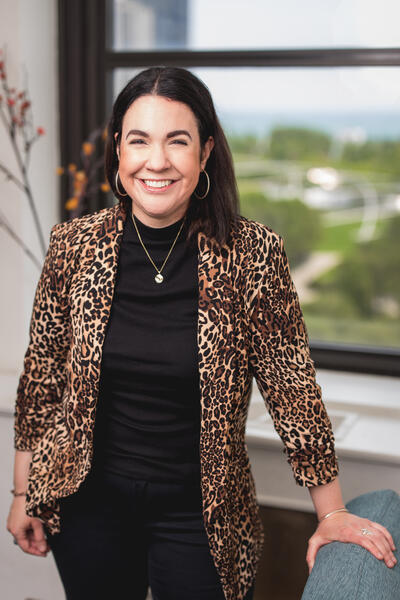A healthy relationship with yourself is the foundation for all other relationships. When you don’t have a positive relationship with yourself, other relationships can suffer. But what does a loving relationship with yourself look like? Here are three important ways to foster love for yourself.
1. Emotional Investigation
When you are experiencing uncomfortable emotions, do you investigate how you are feeling and name those emotions? A healthy relationship with yourself is also a positive relationship with your emotions. A solid relationship with your emotions means that you are willing to face them and investigate them. Some questions to ask yourself are: What am I feeling right now? Am I feeling many different emotions at once, and if so, what are they? Diving deep and leaning into emotions isn’t easy, especially when they are painful. However, people are often surprised to find that the pain of emotions dissipates when they name them, as if the emotions have less and less power.
2. Self-Soothing
Are you able to soothe and regulate yourself in times of anxiety, pain, fear, or sadness? When soothing was not modeled for us as children by our caregivers, it is challenging to comfort ourselves, which also impacts how we relate to others1. If that is the case for you, it can help to learn self-soothing skills. Sometimes it helps to think about a person in your life who has comforted you, and model your self-comfort based on how that person would provide comfort to you. In very challenging times, it sometimes helps to physically hug yourself as if you were cradling a crying baby. That baby is your own emotions and inner child needing to be held and understood.
3. Positive Corrections to Negative Self-Talk
When you start to get down on yourself, do you correct that negative self-talk? We often get caught in a negative conversation with ourselves, telling ourselves we are worthless or stupid. This happens most frequently for people who have experienced childhood verbal and emotional abuse. The things we were told by caregivers or bullies – or both – are scripted inside our heads. To recognize the inaccuracy of those things is to free yourself from that abuse. To challenge your negative self-talk, it helps to start by recognizing it while it occurs. Then, eventually, you can begin to question the truth of the negative things you tell yourself in a loving but firm way.
These are a few of countless ways to foster a healthy connection with yourself. Often, we are stuck in a negative relationship ourselves, seeking outside validation and support from others. Support from others is essential, but others’ ability or inability to support you should not determine your capacity to withstand challenges in life. Being a reliable partner to yourself is a solid framework for positive and loving interactions with others. Mental health therapy with a supportive clinician can help you to improve your self-relationship – and other relationships, too.
1. Levine, A., & Heller, R. (2010). Attached: the new science of adult attachment and how it can help you find - and keep - love. Jeremy P. Tarcher/Penguin.

